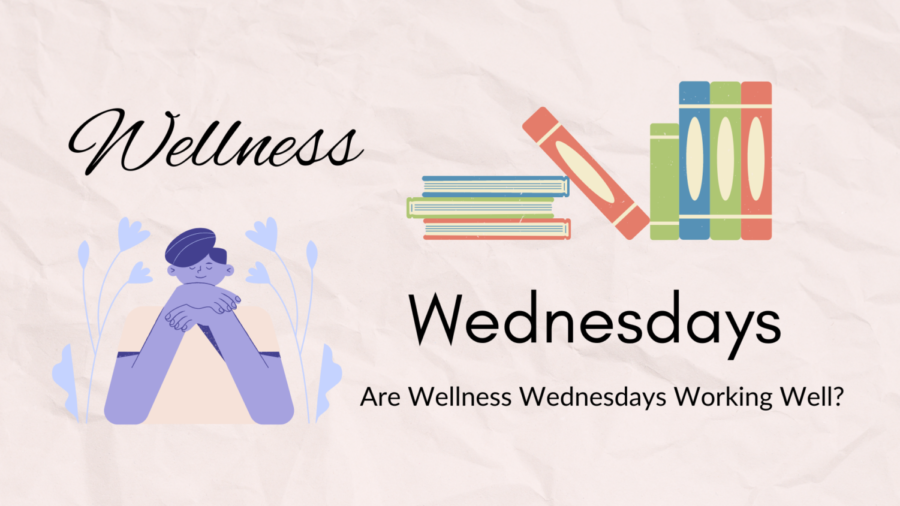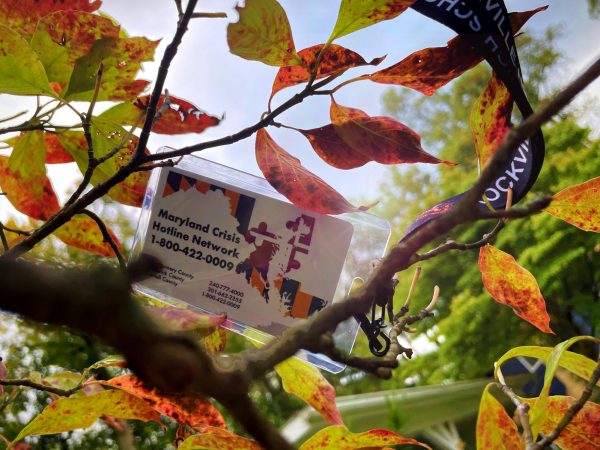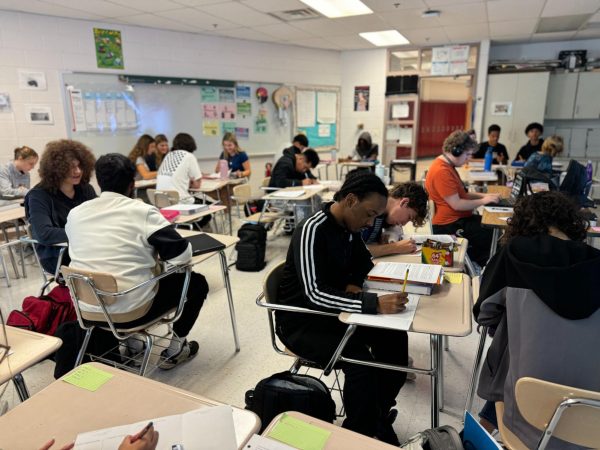Are Wellness Wednesdays Working Well?
This year, Rockville High School (RHS) and some other schools around the county introduced “Wellness Wednesdays:” a day twice a quarter where teachers don’t assign additional work and allow students to catch up on any outstanding work before the gradebook closes and receive necessary support from their teachers.
These days are helpful to students for turning in late work, but there may be a better way to give students opportunities to check-in and keep up.
Last school year, during virtual instruction, Wednesdays were a time for students to manage workloads and check-in with teachers if necessary.
“I wish students would have used that opportunity more,” math resource teacher Marcus Wiggins said. “But the students that did, during that Wednesday time, benefited greatly.”
In a full year of in-person learning, there really isn’t enough time for every week to have a full day of no instruction.
“If the amount of topics, lessons, allowed us to do that, then I think it would be something that we would seriously consider as a school,” Wiggins said. “Coming from math, I know that there isn’t that time to make every Wednesday a wellness time.”
We have a homeroom every week, and many students wish it was an unstructured time that could be used as a study hall. But instead, that time is often used to conduct surveys or give lessons about things that don’t fit into core classes’ curriculum, like the Antiracist Audit, or the Maryland School Survey.
There is a lot of subject matter that schools are obligated to cover that don’t fit into any other time slot, but ideally, RHS would use that time to give to students.
“There are a lot of other things that we would love to do during that time, we would love to give students more, let’s say free time during there,” Wiggins said.
In a perfect world, there’d be more built-in time for students to stay on top of academics, but Wellness Wednesdays are a serviceable solution for the situation. They’re better than not getting any additional time, and they take up an amount of time that most classes can realistically spare.
Regular classes don’t have a lot of built-in time for students to catch up, and in AP and IB classes, the schedules are even tighter, with curricula that need to be fully covered by the time exams roll around in May, meaning that there just isn’t a lot of spare time to give students.

This is junior Malaak McDonald’s second year working with the Rampage and her first year as Production Head. She enjoys writing features and is looking...












